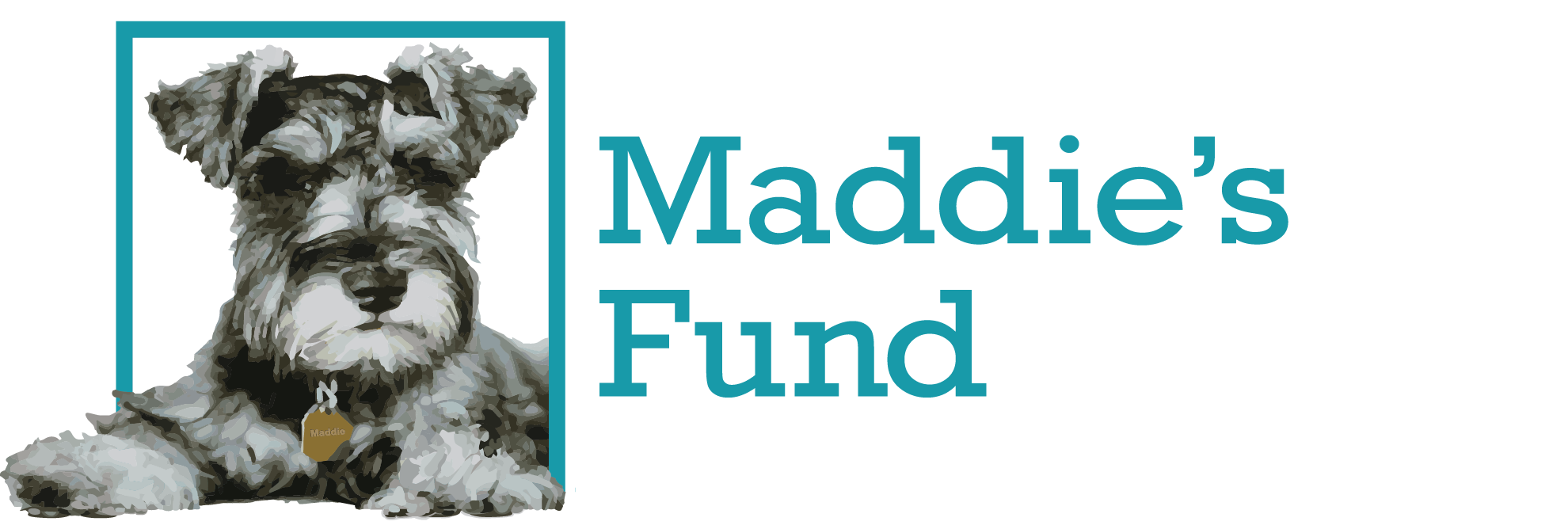
Video Length: 61 minutes
Psychopharmaceuticals can be a helpful tool to manage and address behavior concerns in sheltered pets. The sheltered pet's unique situation, however, warrants additional considerations before use of these medications. Common behavioral concerns and diagnoses in sheltered pets will be discussed as well as what medications might be most appropriate for these conditions. The different classes, mechanisms of action, indications and side effects will be discussed. This presentation was recorded at the 2017 ASPCA-Cornell Maddie's Shelter Medicine Conference.
Dr. Sara L. Bennett received her DVM degree in 2006 from Purdue University in West Lafayette, Illinois. She spent three years as an associate veterinarian in general practice in the Evansville area before returning to Purdue to complete a residency in Animal Behavior and Masters of Science. She obtained certification as a Diplomate of the American College of Veterinary Behaviorists in 2012. After becoming board-certified, she practiced veterinary behavior in the Chicago area until returning to the Tri-State area in 2015. Dr. Bennett is a courtesy lecturer for the University of Florida College of Veterinary Medicine Maddie's Shelter Medicine Program and co-instructor for University's online learning course, Shelter Animal Behavior and Welfare, which is one of three core courses in the online Maddie's® Graduate Certificate in Shelter Medicine Program. In her behavior consultations, she addresses a variety of behavior problems and behavioral disorders including aggression, inappropriate elimination, compulsive disorder, fears and phobias and behavior problems associated with aging across a wide range of species. She particularly enjoys addressing problem behavior in shelter and rescue animals, helping to protect animal welfare by making these pets more adoptable, strengthening the budding human-animal bond, and keeping these animals in their new homes.